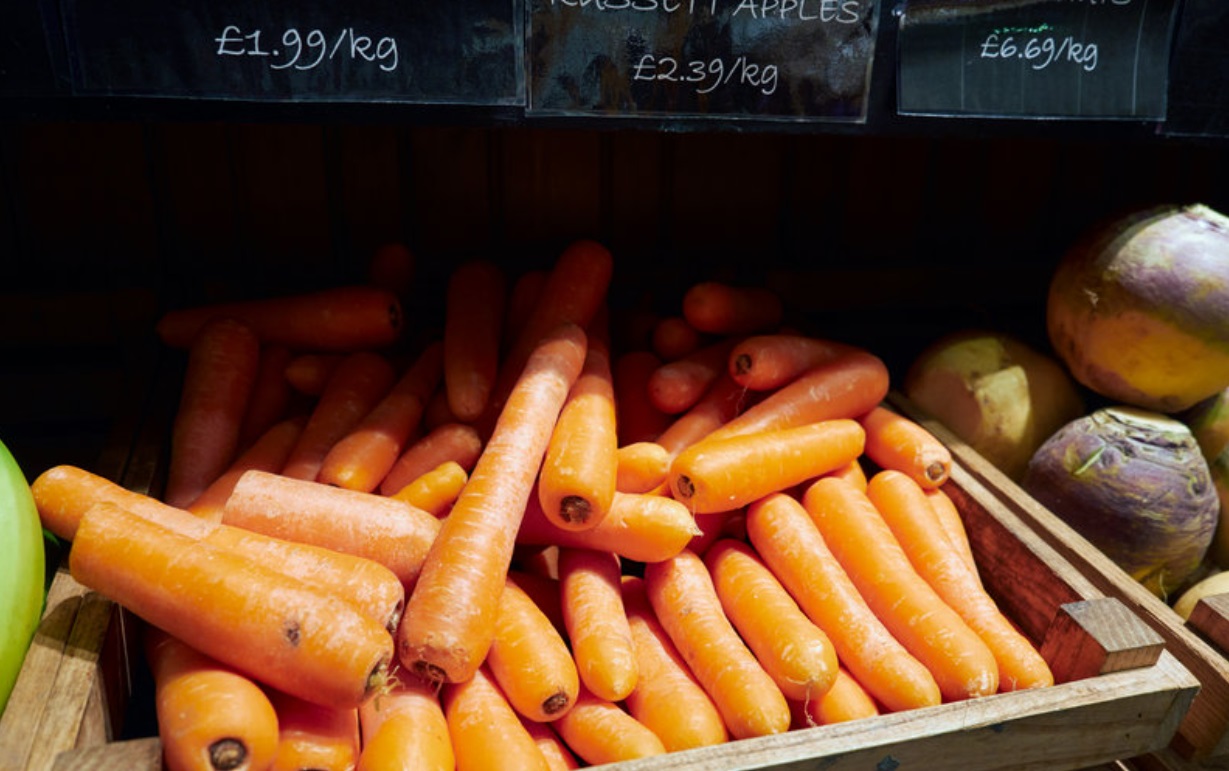
MPs are being urged to back the 'Buy British Bill' which calls for a boost in the proportion of British food available in schools and hospitals.
The Private Member’s Bill - Public Procurement (British Goods and Services) – has its Second Reading in the House of Commons today (15 March).
Launched by Sarah Champion, Labour MP for Rotherham, it has the backing of the NFU and other farming groups.
It would amend two existing Acts of Parliament relating to requirements to be followed in public procurement.
These include the need for a contracting authority to consider what proportion of the food originates from the UK.
Over three-quarters of the public want the government to commit to sourcing at least half of all food for schools, prisons and hospitals from British farms, a survey by the NFU says.
But despite the public procurement of food encompassing a spend of £2.4 billion, there is currently no record of what proportion of this food is currently supplied by British farmers.
In its election manifesto, the NFU is calling on the next government to commit to sourcing 50% of food into the public sector from British farms.
It also seeks the reporting of the origin of public sector sourced food, which is 'essential' to monitor progress towards this ambition.
NFU deputy president, David Exwood said: “We know there is huge support across the country for food served in the public sector to be British.
“This would guarantee more British farmers and growers delivering high quality, fresh, seasonal and affordable food to world-leading environmental and welfare standards into our schools, prisons, hospitals and the military.
“We fully support Sarah Champion for introducing her Bill and encourage all Parliamentarians to support it and back British food and farming.”
It comes as major supermarket chains have announced new 'buy British' sections on their websites in a bid to better signpost locally produced food.
The NFU recently released a survey showing that most people (81%) agreed that British farms should grow as much food as they can to boost food security.
